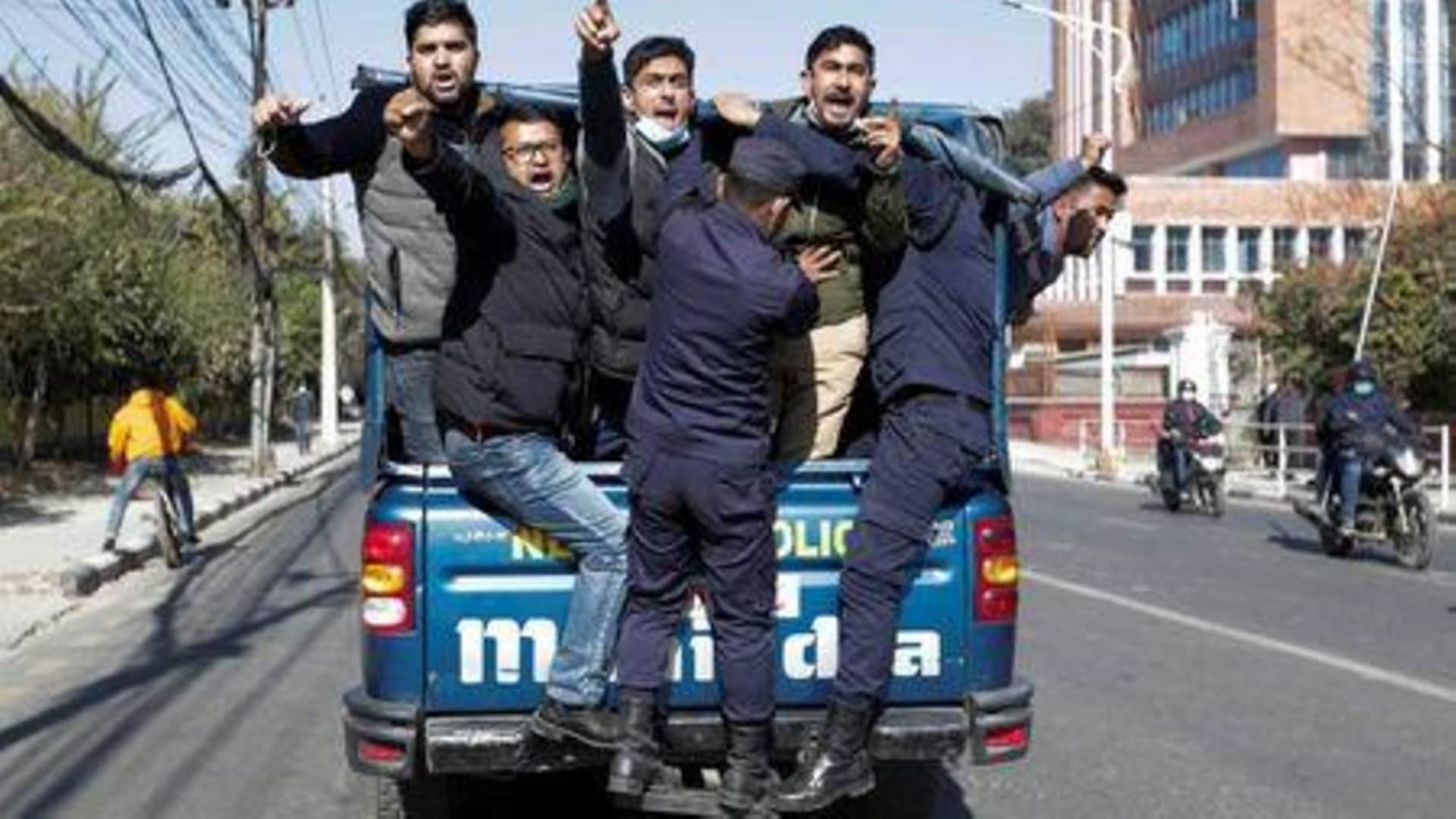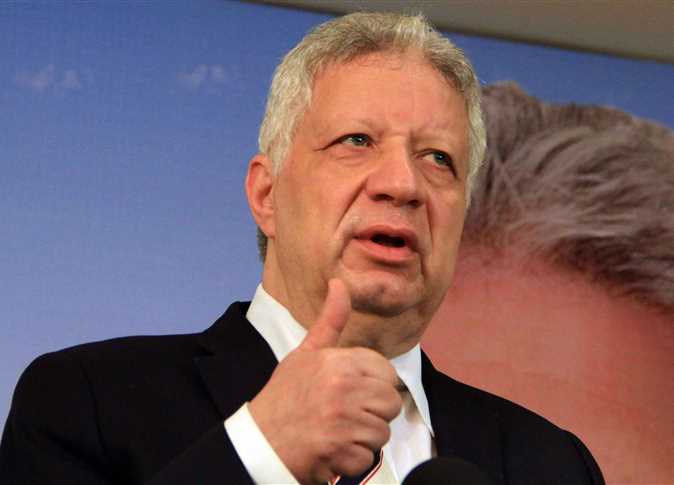The main state-owned newspaper Al-Ahram leads its front page today with talk of upcoming parliamentary elections scheduled for late November. President Hosni Mubarak, the paper reports, issued an open call for all citizens to participate and make their voices heard. The front page headline announces: “Integrity and transparency and respect for the constitution and the sovereignty of law are the fundamental bases of competition.”
Inside the paper, Al-Ahram brings us the story of Gen. Mohsen Hafzy, the head of the security for Giza Governorate, and his novel approach to ensuring that Giza’s microbus drivers are following the rules. Hafzy, the headline proclaims, actually rode in a microbus and checked the circumstances for himself, then personally handed out 19 traffic violations to drivers.
The reality of the story, once you get past the headline, is a little less dramatic. Hafzy didn’t exactly masquerade as an ordinary civilian and experience what life is really like for microbus passengers and drivers. Judging from the rest of the story and the accompanying photo, he conducted a fairly staged affair flanked by photographers, security guards, and saluting underlings.
Still, the experience calls to mind the exploits of beloved former Alexandria Governor Ismail Sallam, who genuinely used to do that sort of incognito walking among the people to check out the real conditions in his city. Once, according to the legend, Sallam showed up at a crowded emergency room dressed as a poor farmer to see how people were treated there when the cameras and VIPs weren’t around.
Al-Wafd, the most prominent opposition party daily newspaper, tops its front page with dire talk of a "disaster” looming if Egypt doesn’t quickly replace the 540,000 tons of wheat contracts cancelled earlier this summer when Russia abruptly banned all wheat exports due to a massive drought. That's a little alarmist since Egypt is actively moving to replace the wheat. Several countries are currently lobbying for the business of one of the world’s largest wheat importers.
Inside, Al-Wafd devotes a full page to the tale of the village of Nena in Beni Suef Governorate–which it says is still wallowing in poverty despite a personal visit and lots of flowery promises from Gamal Mubarak. The headline: “Gamal Mubarak visited two years ago and promised ‘rosy dreams.’” The reporter interviews several Nena residents who complain in detail about how Mubarak’s promises for urban renewal projects and employment opportunities all turned out to be “just ink on paper.”
Independent daily Al-Dostour takes the prize for the most innovative and eye-catching front page of the day. The newspaper cleverly presents four separate stories in one interconnected package. The stories look at electricity cuts across the city, bread shortages in some Cairo districts, water outages in 6 October, and Presidents Mubarak’s response to these various crises. The package is arranged in four boxes on the front page, with four separate but connected headlines: “No electricity…No bread…No water… but there’s a president.”
Al-Ahram: Daily, state-run, largest distribution in Egypt
Al-Akhbar: Daily, state-run, second to Al-Ahram in institutional size
Al-Gomhorriya: Daily, state-run
Rose el-Youssef: Daily, state-run, close to the National Democratic Party's Policies Secretariat
Al-Dostour: Daily, privately owned
Al-Shorouq: Daily, privately owned
Al-Wafd: Daily, published by the liberal Wafd Party
Al-Arabi: Weekly, published by the Arab Nasserist party
Youm7: Weekly, privately owned
Sawt el-Umma: Weekly, privately owned




